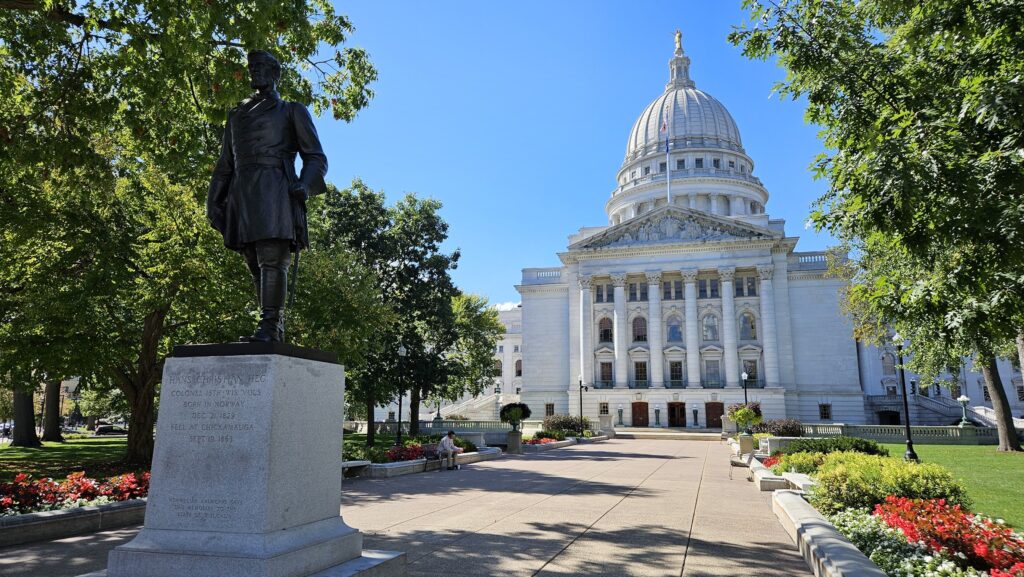Visit WisPolitics-State Affairs for premium content,
keyword notifications, bill tracking and more
Home » WisPolitics News » LFB: ‘One Big Beautiful Bill’ impact on Wisconsin Medicaid program unclear

It is unclear what the full impact of the “One Big Beautiful Bill” will have on Wisconsin’s Medicaid program, partly because the federal government has yet to detail some of the implementation requirements, according to the Legislative Fiscal Bureau. The nonpartisan agency also noted in a memo this week that the reconciliation bill will likely over time reduce the amount of money Wisconsin sends t...